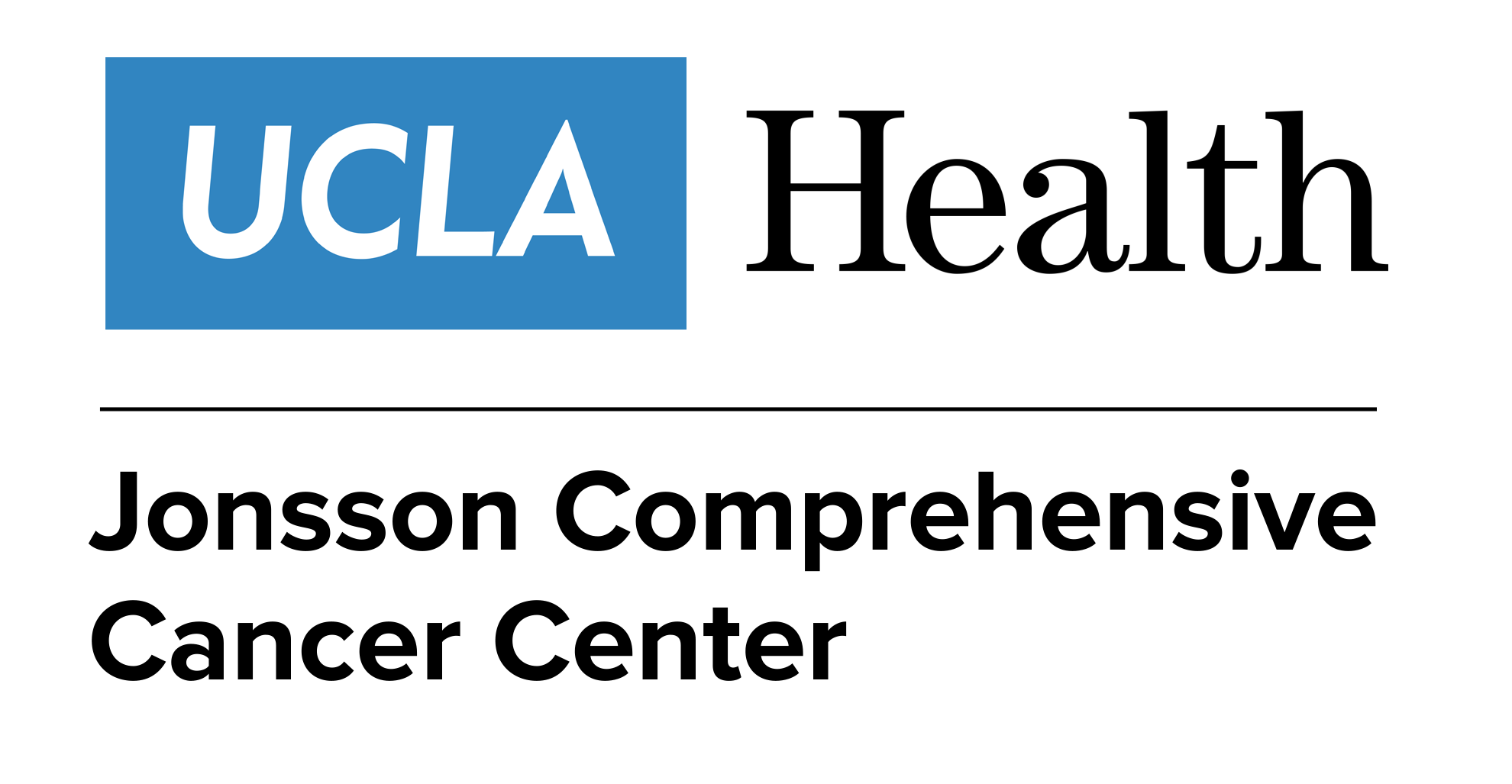- Advertise
- About OncLive
- Editorial Board
- MJH Life Sciences brands
- Contact Us
- Privacy
- Terms & Conditions
- Do Not Sell My Information
2 Clarke Drive
Suite 100
Cranbury, NJ 08512
© 2025 MJH Life Sciences™ and OncLive - Clinical Oncology News, Cancer Expert Insights. All rights reserved.
Dr. Lee on the Current State of Molecular Testing in Early-Stage NSCLC
Jay Moon Lee, MD, discusses the current state of molecular testing in early-stage non–small cell lung cancer.
Jay Moon Lee, MD, chief, Division of Thoracic Surgery, associate professor of surgery, surgical director, University of California, Los Angeles (UCLA) Thoracic Oncology Program, surgical director, UCLA Center for Esophageal Disorders, member, UCLA Sarcoma Program, Jonsson Comprehensive Cancer Center, UCLA Health, discusses the current state of molecular testing in early-stage non–small cell lung cancer (NSCLC).
Currently, there’s no standard operating system that indicates who should order molecular testing and at what time point for patients with resectable disease, Lee says. However, data have emerged to inform the management of resectable disease based on the presence or absence of driver mutations.
In the adjuvant setting, findings from the phase 3 ADAURA trial (NCT02511106) demonstrated improved disease-free survival (DFS) with osimertinib (Tagrisso) vs placebo in patients with resected EGFR-mutated NSCLC. The results of the phase 3 IMpower010 trial (NCT02486718) also demonstrated a DFS benefit in EGFR-mutant patients with 1 year of adjuvant atezolizumab (Tecentriq) following adjuvant chemotherapy. Notably, patients who harbored an ALK or EGFR mutation did not derive as significant benefit from adjuvant atezolizumab as patients with ALK or EGFR wild-type disease. Based on these findings, molecular profiling for at least EGFR and ALK should be done for all patients with early-stage NSCLC to optimize targeted options in the adjuvant setting, Lee explains.
In the neoadjuvant setting, no practicing-changing studies have emerged to indicate a need for molecular testing; however, several phase 3 clinical trials are ongoing to evaluate chemoimmunotherapy combinations, Lee explains. The results of the phase 3 CheckMate 816 trial (NCT02998528) demonstrated a significant improvement in pathologic complete responses with neoadjuvant nivolumab (Opdivo) plus chemotherapy vs chemotherapy alone in patients with resectable NSCLC; however, until a DFS or overall survival advantage is observed, these data are not practice changing, Lee concludes.
Related Content:





